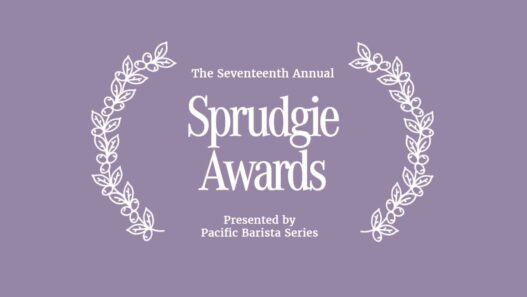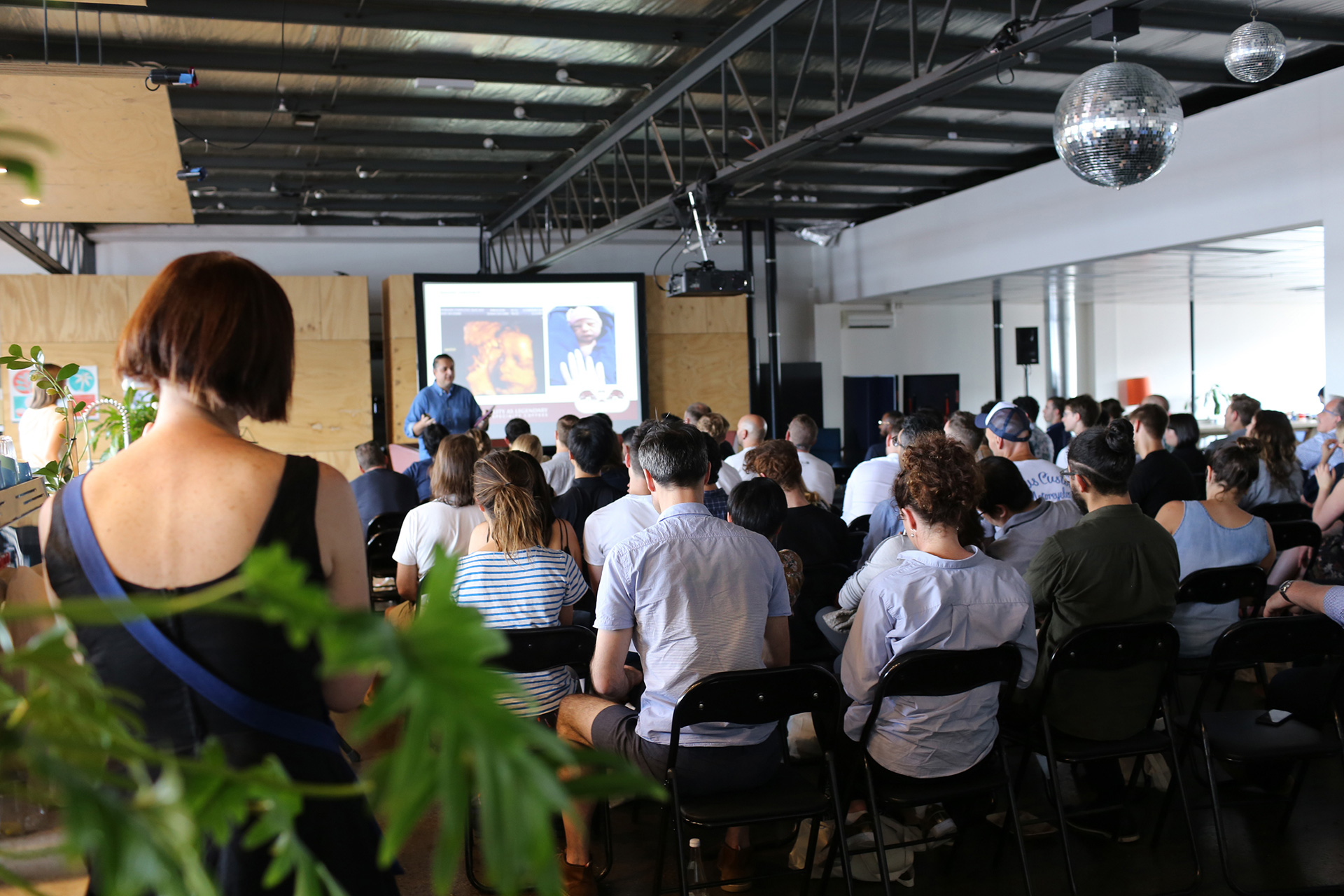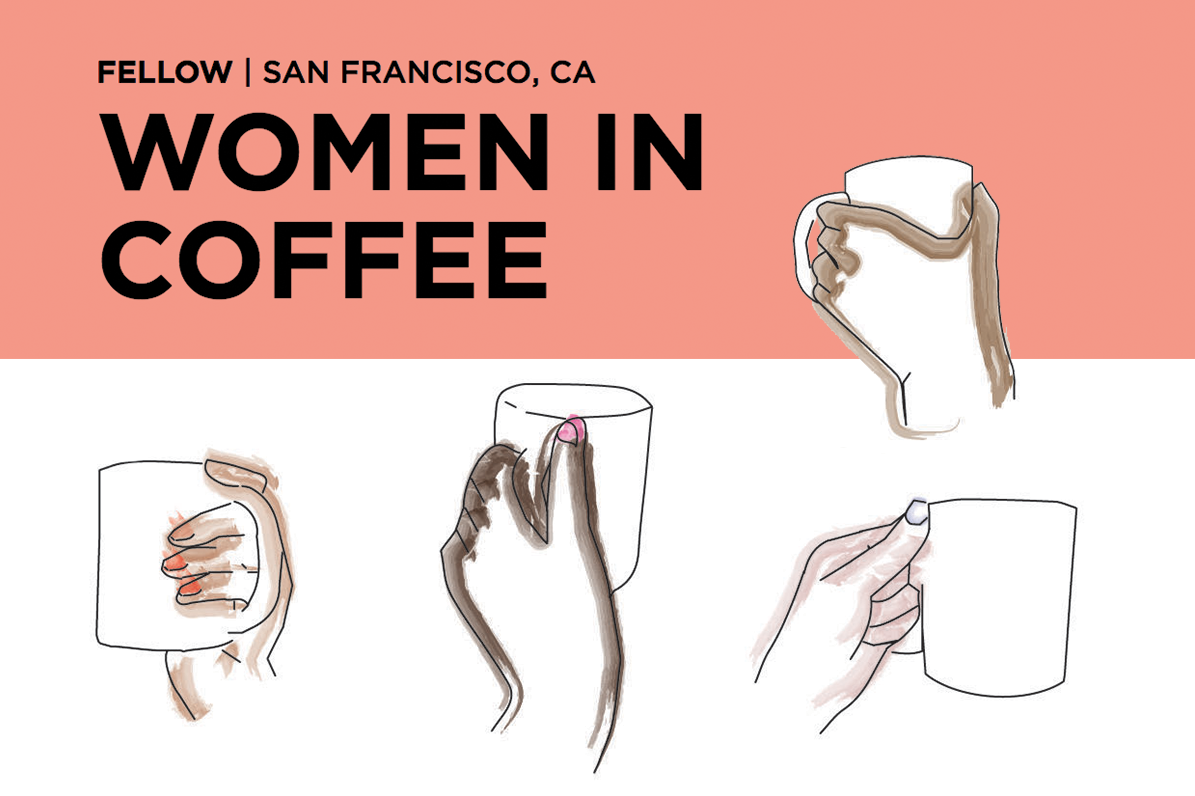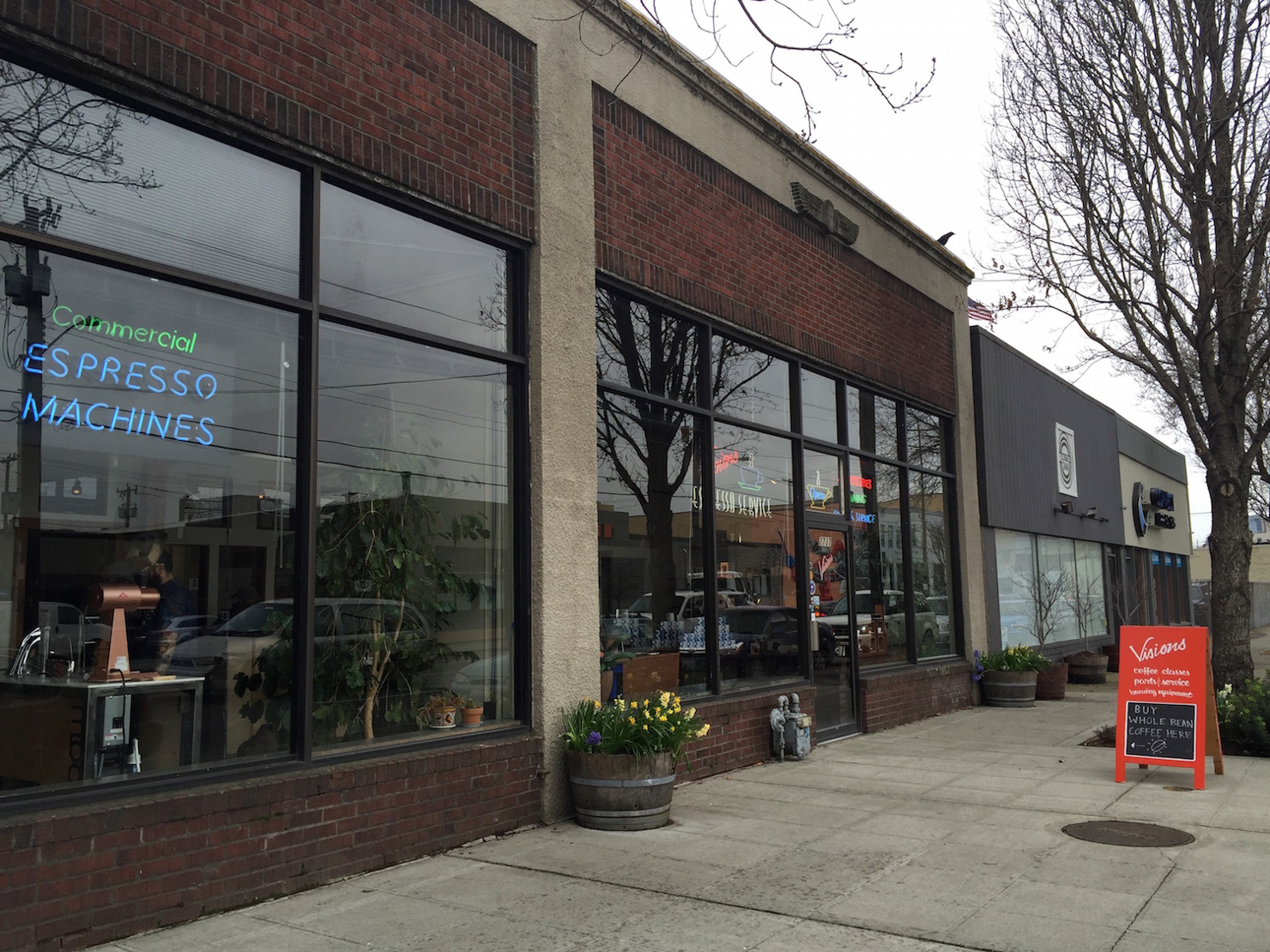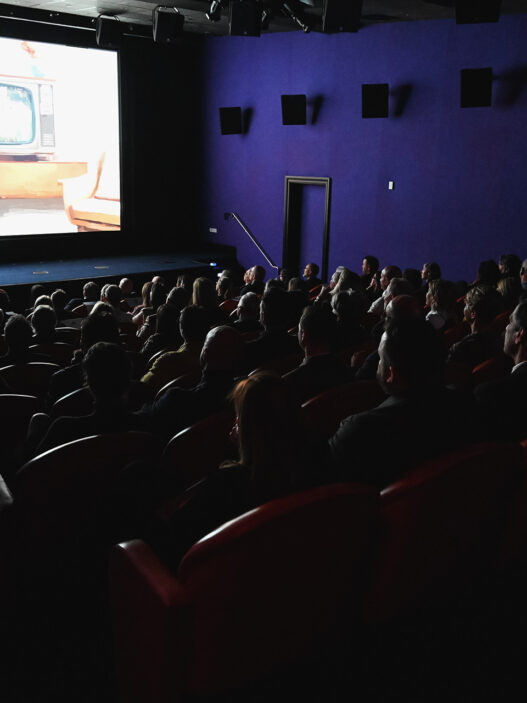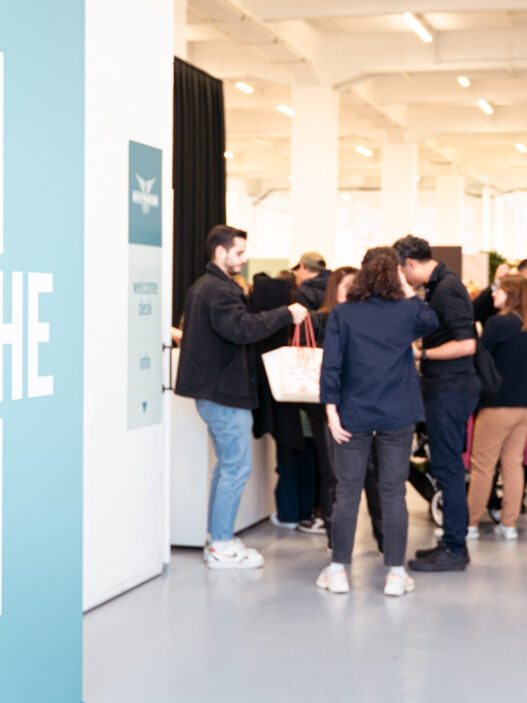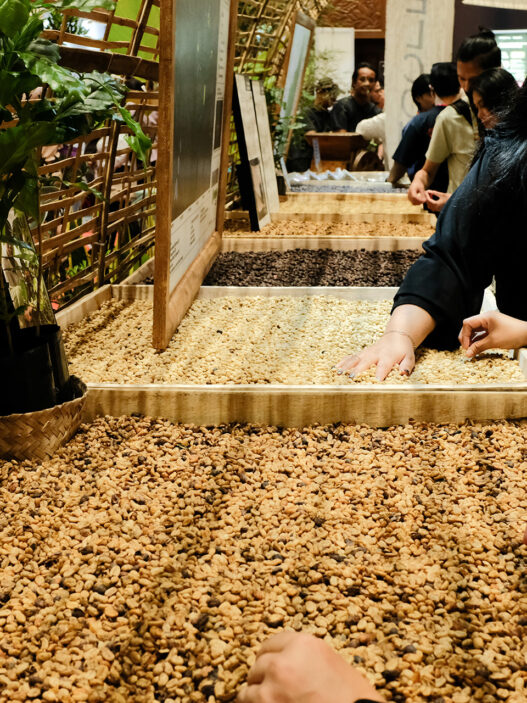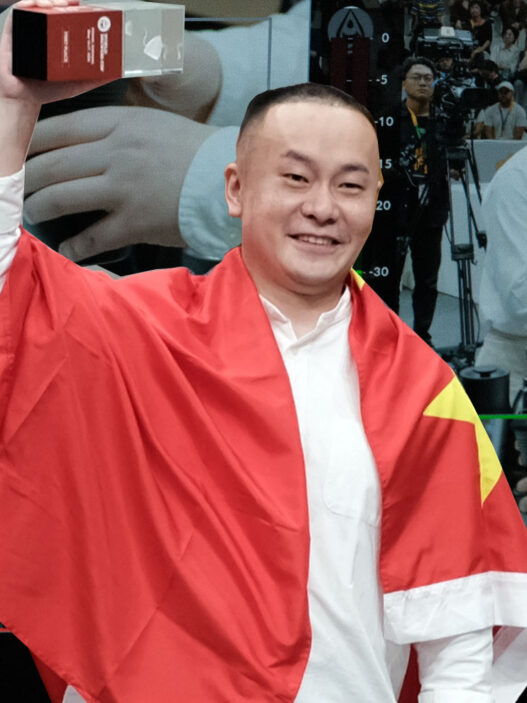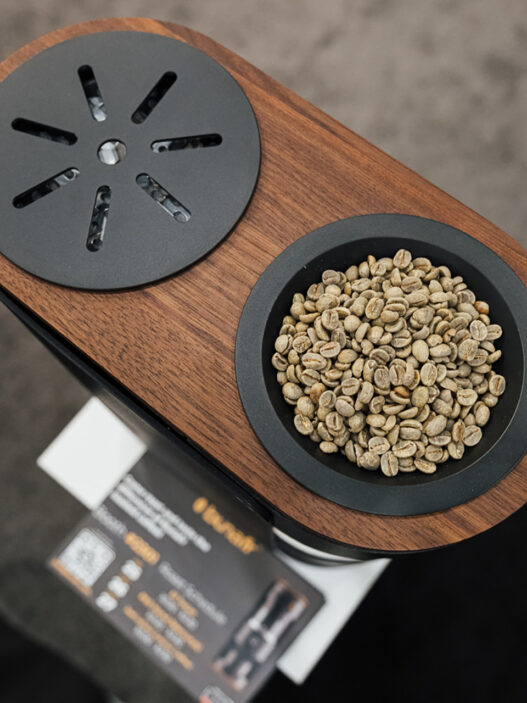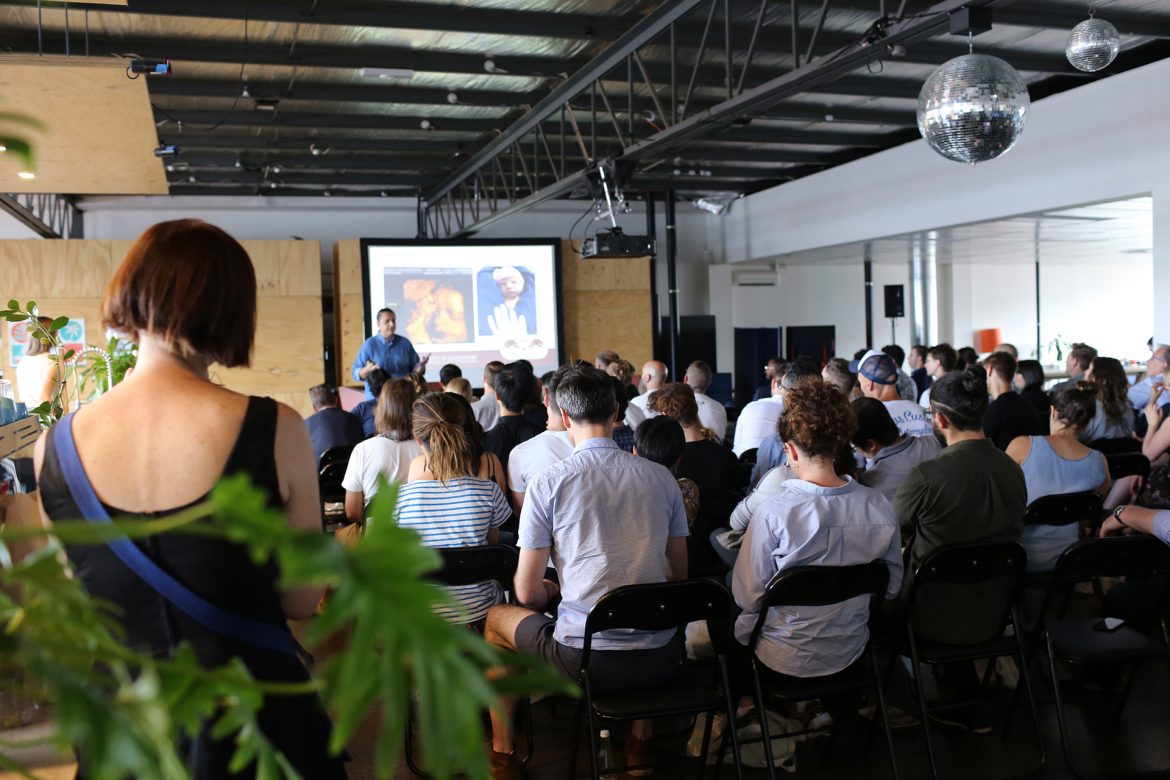
What do you get when you put a dairy CEO, coffee farmers from Australia and Brazil, and a reusable cup founder into a room along with key people behind the Melbourne specialty coffee scene? A lot of ideas, a few aired frustrations, some un-answered questions, and a hell of a lot of banter, if the GROW Assembly conference’s inaugural coffee-specific event, held at the Collingwood Coffee College, is anything to go by.
Referred to by many as the closest thing to MAD that Australian hospitality has, GROW Assembly is touted as a day of “talks, training, and inspiration for the hospitality industry,” with the most GROW event focusing on Sustainability. This time round, for the inaugural GROW Coffee, the theme was “Authenticity and Curiousity.” For Australia, the event is particularly special, as while Melbourne and Australia have a plethora of cafes and a flourishing specialty coffee scene, coffee conferences and deep-thinking conversations tend to be found further afield—at events like SCA in the US, SCAJ in Japan, or HOST in Milan. In an effort to bring this conversation back into the heart of Melbourne’s specialty coffee world, the GROW Assembly team—Michael Bascetta, Banjo Harris Plane, Meira Harel, and Vicky Symington—reached out to Tim Williams and Tim Varney of Bureaux Collective to help facilitate the first GROW Coffee event.
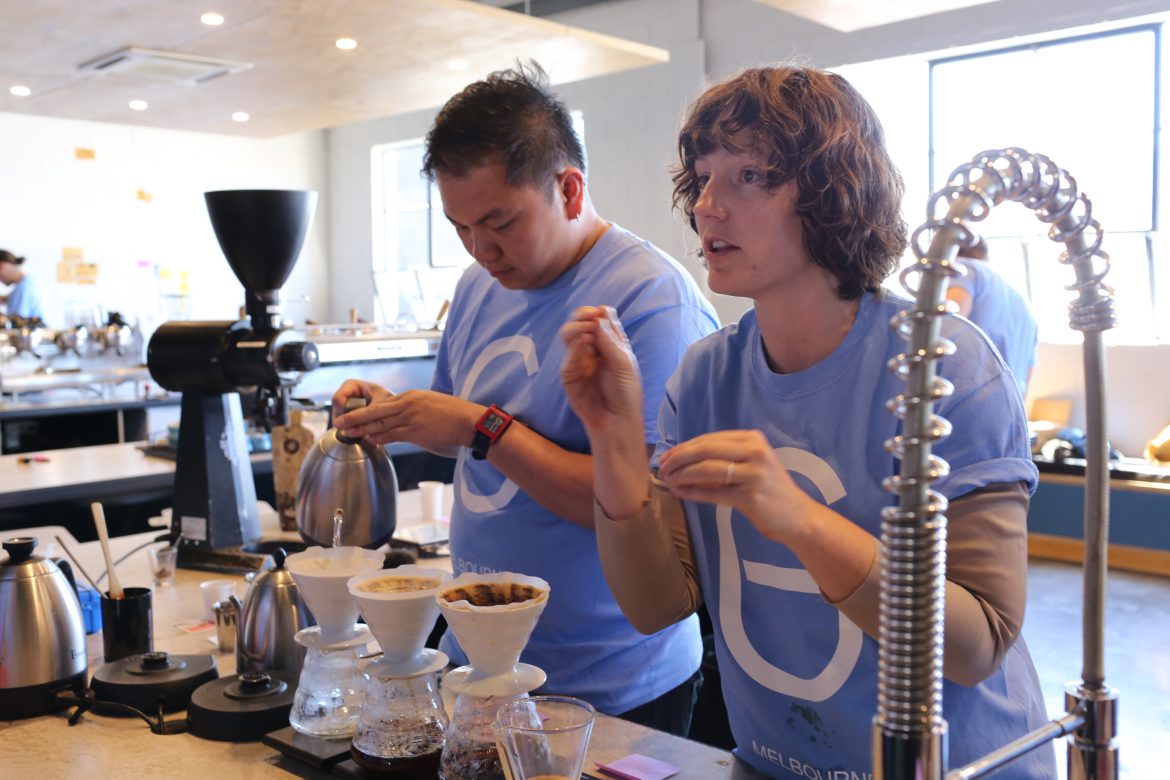
The day started out with coffee being brewed courtesy of an array of Melbourne roasters—the likes of Market Lane, Small Batch Roasting Co., Seven Seeds, Proud Mary, and Square One—to the people happily standing around chatting, waiting for the day to unfold.
The first presenter was Andrew Kelly of Small Batch and green importer Shared Source, who aired his grievances about the term “direct trade” in the context of today’s coffee industry and its many co-optings and misuses, focusing on the oft-confusing misrepresentation of sourcing practices it engenders. He focused on many issues, from the agricultural and ethical practices on the ground at origin, all the way to how that information is communicated to customers—emphasising the point that just saying that you do “better than direct trade” creates a “barrier of inscrutability” and stops a necessary customer dialogue in its tracks.
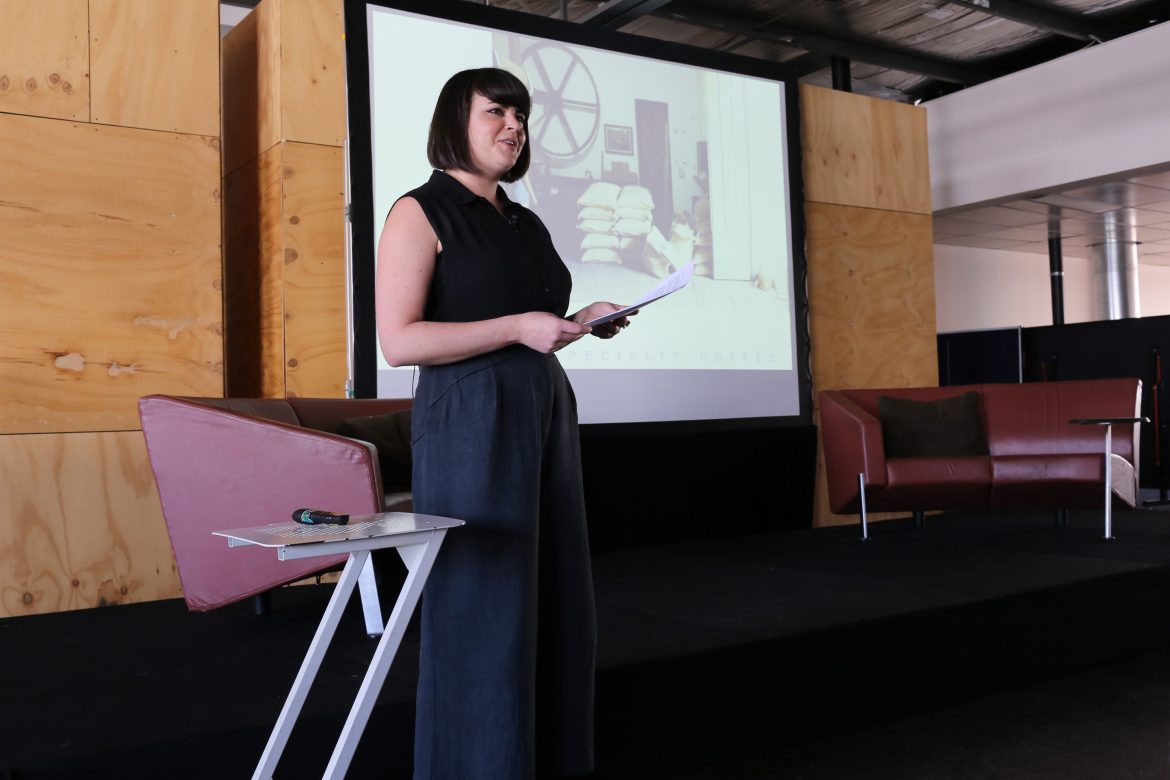
Second up was Elika Rowell, co-founder and roaster at Square One Coffee—and the youngest coffee professional to speak on the day. She spoke of her own career progression, and the importance of personal development in a young industry such as coffee—her enthusiasm and passion clearly coming through when she spoke about the ability to get involved and mould the industry for the better while it’s still so young.
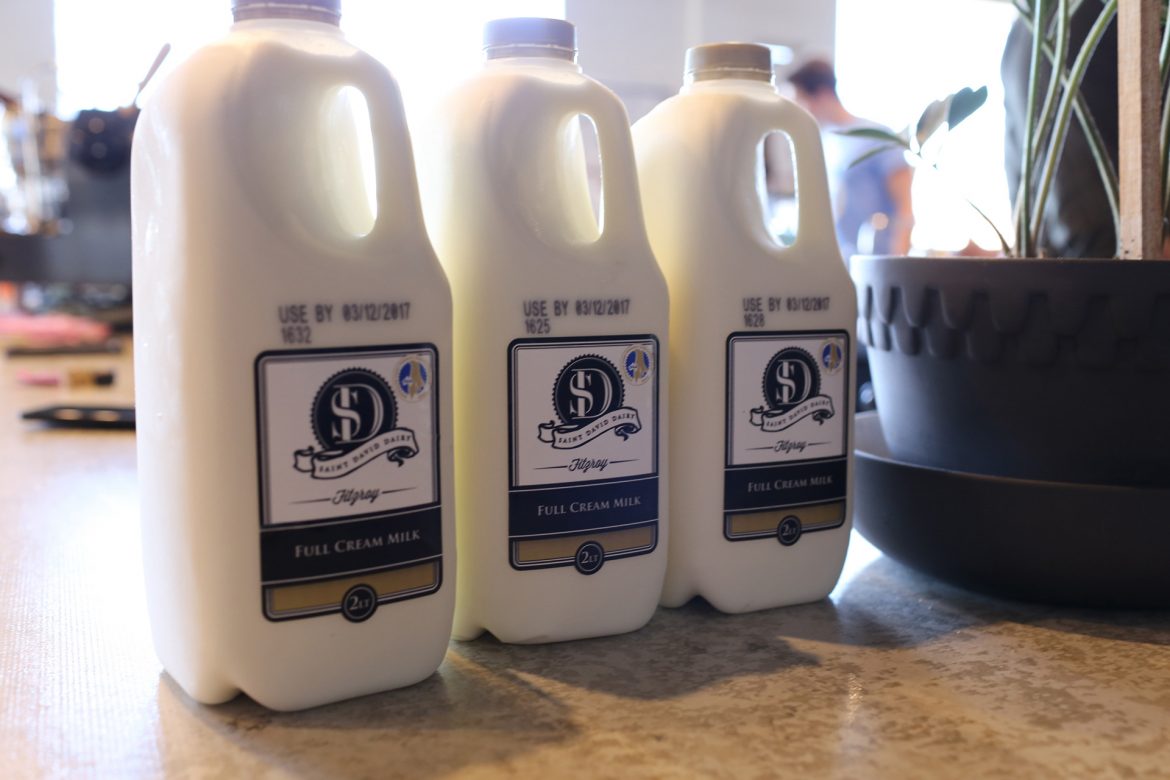
To break up the coffee talk a tad, emcee Tim Williams next sat down for a conversation with Mancel Hickey of St. David Dairy, who have a production facility in the heart of Fitzroy and supply to many of the city’s well-known cafes (Seven Seeds and Patricia Coffee Brewers to name a couple). With milk-based beverages making up a huge portion of coffees served and consumed in Australian cafes, it was fascinating to hear about the difference between large dairies (shipping in milk from all around Australia and homogenising it in automated facilities), and small dairies (often milk from the one farmer, handled by people at most stages of production).
During the first break, the inaugural showing of a Cascara Shrub courtesy of Bright Provisions (a side project of Market Lane’s Tyson Stagg, formerly of Bluebird NYC) provided attendees with a zingy and delicious refresher, while GROW volunteers kept everyone adequately caffeinated with the likes of Dukunde Kawa from Rwanda, Yukro from Ethiopia, and El Pilar from Guatemala. Sessions resumed with Rebecca Veksler of SOL Cups from Sydney, talking about Australia’s recent shock awakening to the environmental impact of single-use cups, and the importance of using sustainable materials like glass to make reusable cups (rather than creating more plastic).
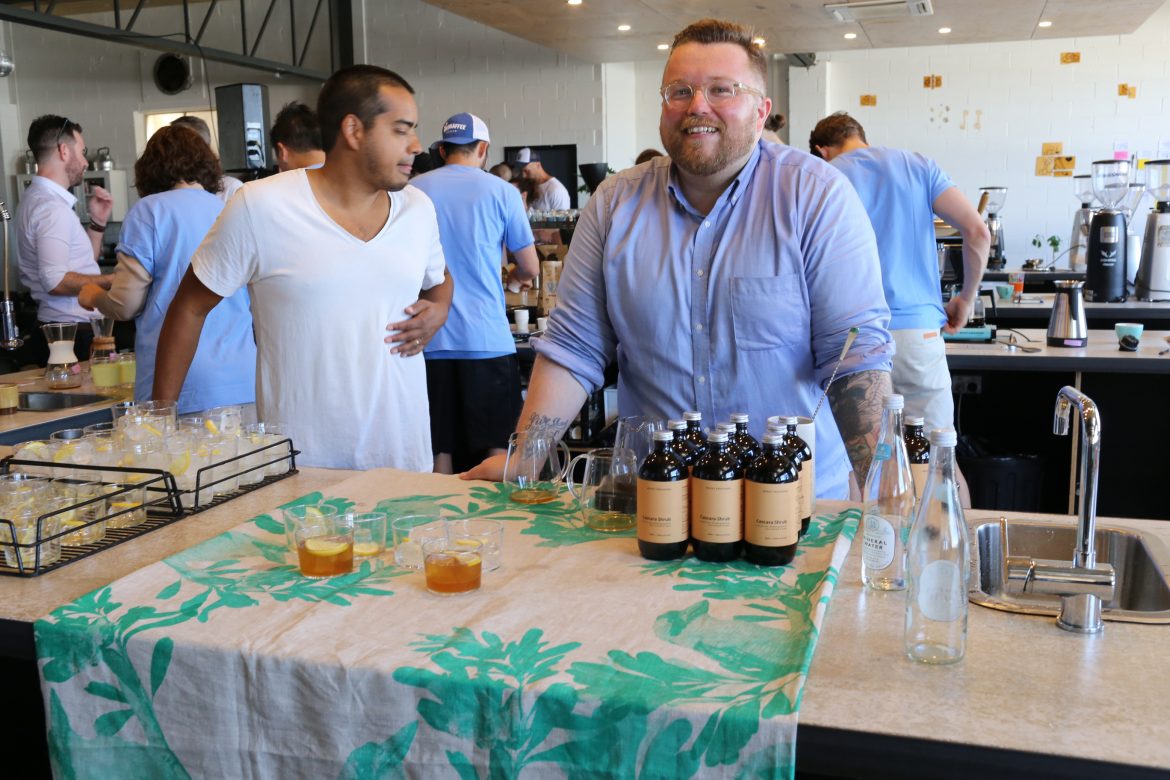
At the midpoint of the day came Mark Dundon, a man who’s seen it all in the industry, from opening St Ali back in 2005 to co-owning Seven Seeds (and its numerous cafes), Paramount Coffee Project in LA and Sydney, as well as a coffee farm in Guatemala. While Dundon’s presence has had a huge impact on Melbourne’s coffee industry, it’s rare to see him speak in such a public forum—something that he stated himself onstage, declaring that he doesn’t typically trust the motives behind those sorts of things. Like Kelly, Dundon touched on the frustrations behind sourcing, sharing complaints from farmers about buyers wanting to pay less for coffee but still expecting the same quality, as well as reiterating the need for plainer language surrounding coffee purchasing, and more transparent communication within the industry as a whole.
Next up came perspectives from two coffee growers, from vastly different ends of the world—Zeta Grealy from Zeta’s Coffee in Tweed Heads in Australia, and Luiz Saldanha from Capricornia Coffee in Brazil. Grealy touched on the challenges of growing high-quality Arabica at an altitude of 300 metres in Australia, the bio-security risks of smuggling in unapproved coffee varieties (as many are wont to do), and the cost of manual labour in a country with a strict minimum wage. Saldanha spoke of the lessons to be learnt from other coffee-growing countries like Costa Rica, as well as from other industries like wine—using techniques like measuring Brix (sugar levels), temperature of ferments, and even inoculating with yeasts and bacteria to gain more control when processing coffee.
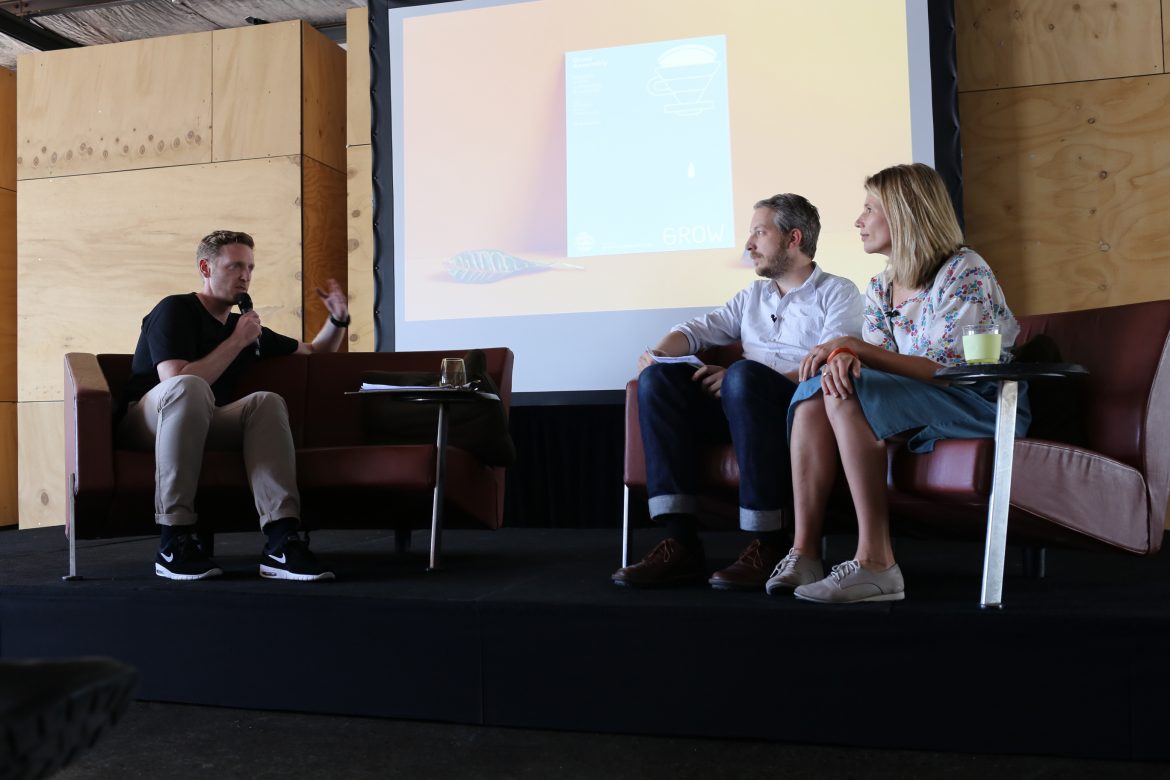
After all this, the last talk to wind this very full day down took the form of a conversation between Jason Scheltus and Fleur Studd of Market Lane Coffee and Tim Williams, focusing on the Market Lane business model of only doing a few things—but doing them well—and their somewhat unintended but beautifully executed expansion to a total of six coffee shops now.
Looking at the line-up prior to GROW Coffee, it was hard to guess or assume exactly how the day would unfold—the range of speakers was marginally more gender-diverse than many specialty coffee events tend to be in Australia, but there was a noticeable absence of racial diversity. It’s a problem that—myself also as a white person, albeit not of the overly-represented male contingent—made me pause and seriously reflect on the state of the specialty coffee industry in Australia, and the lack of minority representation at these sort of events.
Once the talks were wrapped up, all the speakers broke off to different corners of the room to engage in “breakout” sessions with attendees—a way of taking questions and starting discussions outside the strict confines of a post-talk Q&A. It was a fitting way to end the day considering, especially in comparison at an event like TED, where speakers tend to present ideas and discoveries that are seemingly complete, GROW’s speakers presented ideas and discoveries in a way that created more useful questions and more discussion.
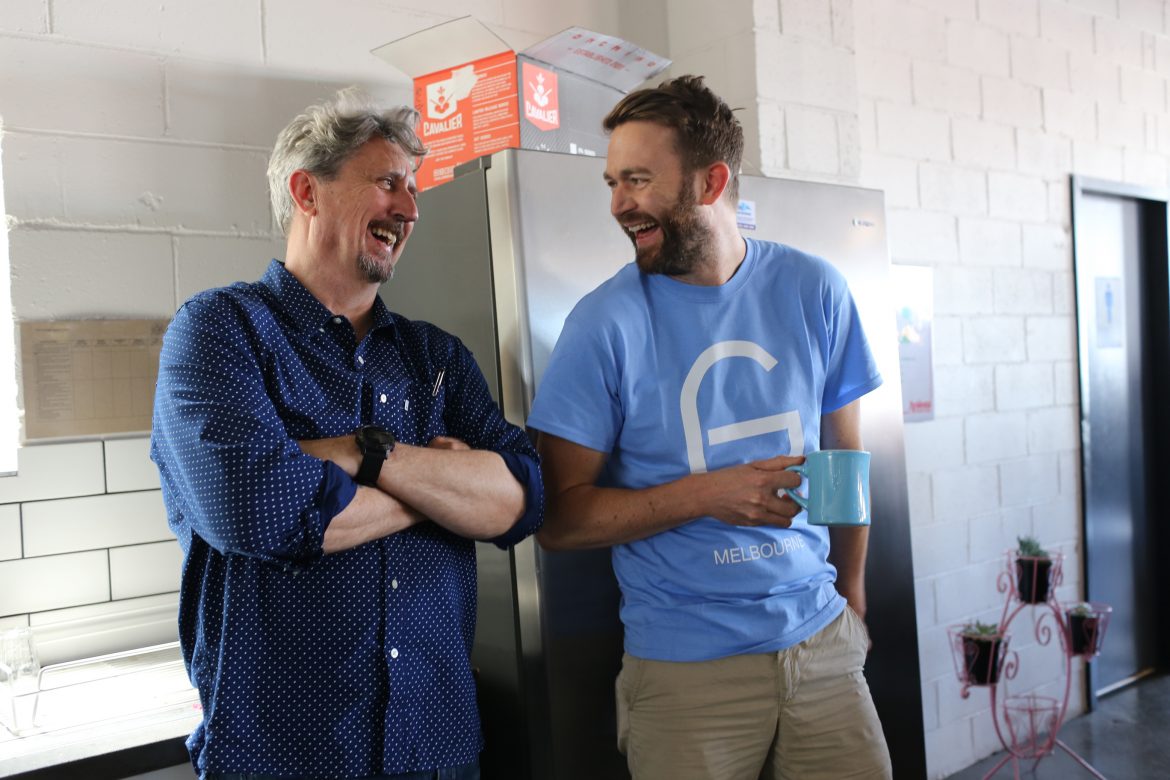
It was here that the “Authenticity & Curiousity” theme really resonated—through businesses and coffee professionals being authentic and admitting when they just don’t know something, it allows for curiosity and inquisitiveness and for the specialty coffee community to grow and adapt as any young industry needs to do. By accepting that no one person or company has the golden ticket to coffee perfection, it makes space for conversation, collaboration, and growth for the industry as a whole.
Eileen P. Kenny is a coffee professional, winemaker, and Sprudge Media Network contributor based in Melbourne. Read more Eileen P. Kenny on Sprudge.




